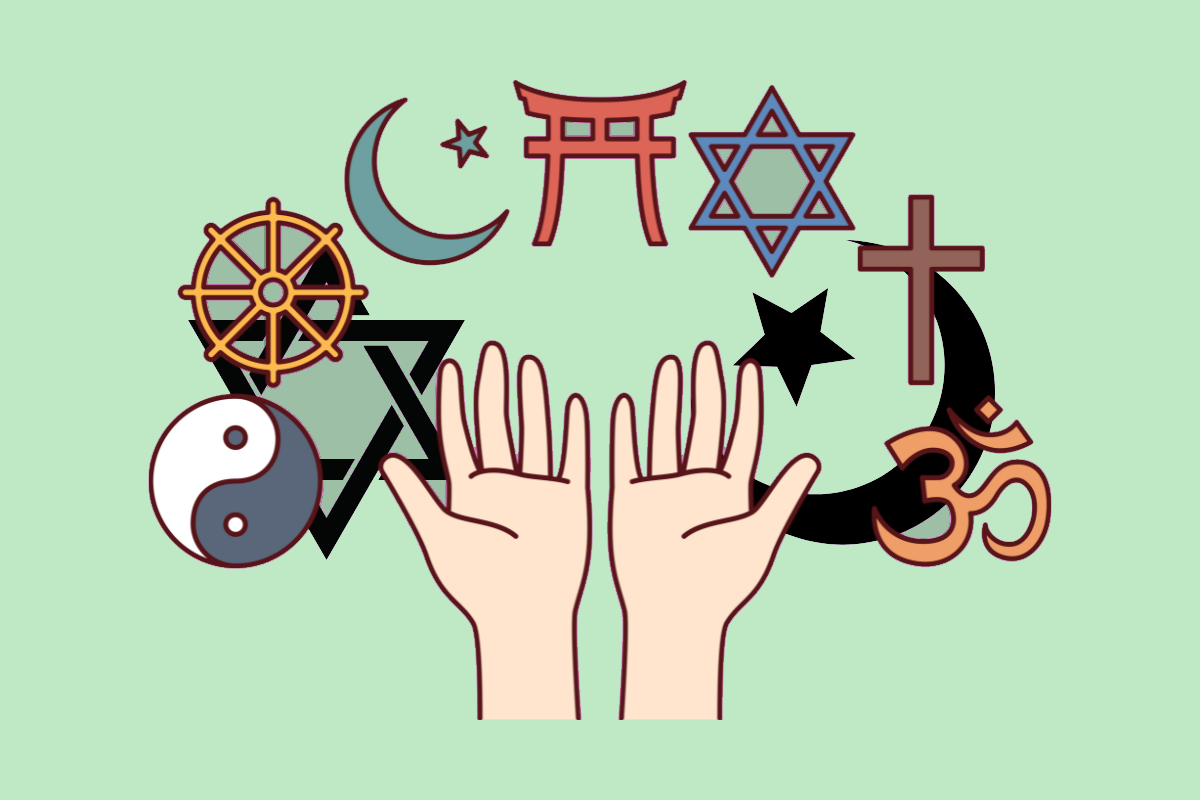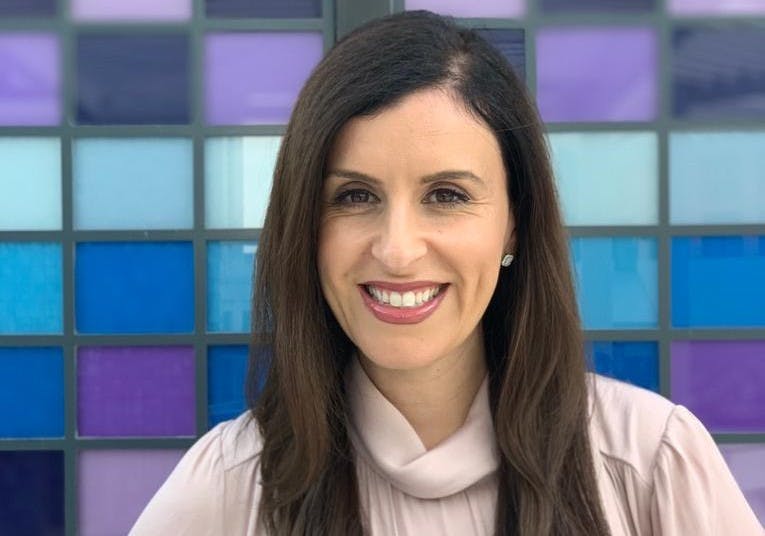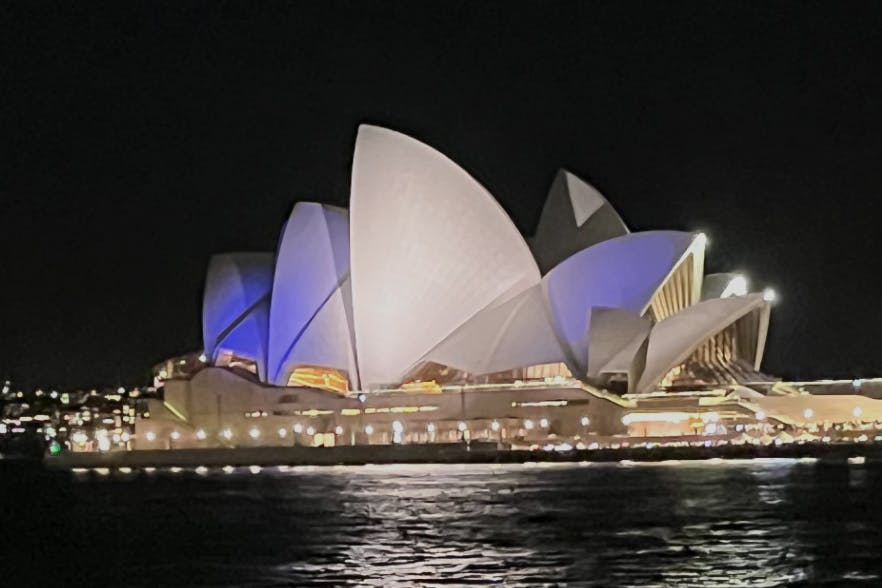Published: 7 December 2023
Last updated: 5 March 2024
If actors can go rogue, so can people everywhere. This conflict has turned every public space into a political battleground.
What exactly was wrong with the decision last week by three actors in the Sydney Theatre Company’s (STC) production of The Seagull to don keffiyehs in solidarity with Palestinians for the curtain call?
There’s no question it made some members of the audience uncomfortable. But one of the roles of art is to surprise and shock the public out of its comfort zones, to question things and thereby ask people to see the world in a different light. When people pay to attend an art event, that is effectively what they are opening themselves up to.
That is what the actors did. The audience paid to get A – safe and known, but it got A + B – a surprise that was confronting due to its context.
It shocked because it was not in the actors’ remit for that production to introduce political advocacy. They went rogue. People were offended, Jewish and pro-Israel patrons were upset because it felt like their evening, for which they paid money to enjoy, had been hijacked and ended up making them feel uncomfortable. STC donors and friends were miffed – they didn’t give their time and money to the company for this sort of artistic endeavour – and the curtain call was a political sideswipe, not a work of art.
But is it any more significant than that? They didn’t hurt anyone. They didn’t say anything offensive. Their actions, and the response by the STC and some donors, have raised several important questions about the intersection of art and politics, and private versus public spaces.
The ubiquity of support for the Palestinian cause has delivered a psychological onslaught from which there is no escape.
The Israel-Hamas war has generated an unprecedented intensity of response throughout Australian society. Every corner of life has been involved. Schools, shops, students … organisations and bodies feel compelled to make statements to show where they stand. Expressions of solidarity and protest have erupted with increasing regularity, most of them peaceful and respectful, some of them designed to intimidate.
The Jewish community has been on the receiving end of most of the hostility in these public demonstrations. So, the STC gesture stung all the more because of the hostile environment that Jews and supporters of Israel feel enveloped by.
The ubiquity of popular support for the Palestinian cause, its loud and dramatic demonstration, has delivered a psychological onslaught from which there is no escape. It is exacerbated by the sneaking suspicion – one that is very hard to utter in public – that many of those proclaiming their solidarity are on a bandwagon: casual rather than genuine supporters who have not really thought through the moral maze.
Regardless, the right to free speech is central. If all walks of public life are legitimate arenas for non-violent political free speech, including artistic spaces, then both the artists and audience have the right to express non-violent political advocacy.
Artists and audience members are free to wear keffiyahs or to wrap themselves in Israeli flags. Anyone is free to wear a t-shirt, whether it says “Kidnapped: bring them home” or “Free Palestine”.
The proxy wars being waged are creating new minefields that inflict additional damage.
But just because something should not be forbidden, does not mean it is a good idea. There are plenty of actions that are not illegal but are damaging to the cohesion and goodwill that is essential to our society.
Australia has long been protected from the violence of the Middle East but the current conflict has frayed the edges of our multicultural society. If the right to political expression is exercised excessively, then any activity – going to the beach, watching kids play sport, catching the train – can become a political minefield.
Unnecessary and inappropriate politicisation debases the civil norms that govern our public lives. The proxy wars being waged around Australia in response to the Israel-Hamas conflict are creating new minefields that inflict additional damage while doing nothing to help either Palestinians or Israelis.
If there are no places outside the home where people can be insulated from having to face political engagement, then life has lost something precious and essential. Is this where we want to end up?
RELATED STORIES
Sparked by Palestinian scarves: The Sydney Theatre Company controversy, explained (SBS)
Three actors wearing Palestinian scarves after performing a play in Sydney has sparked ongoing debate as the Hamas-Israel war continues to rage. Louise Adler, who has spent decades in the arts sector, has weighed in on the controversy, and the place of artists to "engage with the issues of the day".
Tim Minchin weighs in on STC pro-Palestinian protest furore (SMH)
Performer Tim Minchin has reportedly described the three actors at the centre of a furore for wearing traditional keffiyeh scarves at the opening night of Sydney Theatre Company’s production of The Seagull as living in leftie glass bubbles.
Actors may be ‘liars’ but they are also perfectly placed to open discussions on Gaza (Ian Maxwell, SMH)
Actors cannot win. They are either liars, as Plato had it: pedlars of distortions and falsehoods, who should be first worshipped for their godliness, but then immediately banished from the ideal state. Or they are too earnest, daring to fracture the careful fictions spun for our delight and consideration by speaking out of place.




